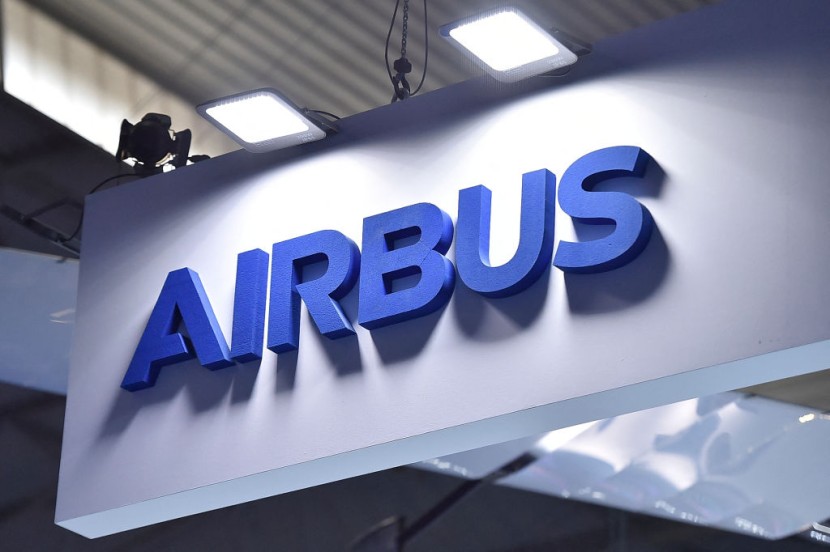Airbus has begun notifying airlines about delays in deliveries for its A320neo family of jets in 2024, according to Reuters. Hundreds of the single-aisle planes are set to be postponed as much as three months.

It Has Nothing to Do With Supply Chain Problems
Airbus was quick to point out that the delays have nothing to do with the supply chain problems that are getting worse. The company reaffirmed production targets for 2024 and beyond.
Airbus also said that they already communicated in December 2022 on its impact for 2023, and they are now talking about 2024 in much detail.
The delays specifically affect the larger and in-demand A321neo variant, which represents over half of Airbus deliveries. Due to to the complaints against airlines and leasing companies for short-term delay notices, this is Airbus' way of giving more advance notice.
The delays do not include schedule alterations for 2023 and remain unchanged from an initial target for 2022.
Bottlenecks in Supply Chains
The global pandemic has disrupted manufacturing supply chains across the world, with the aerospace industry being no exception. Aerospace manufacturers such as Boeing and Airbus have been struggling with supply chain issues, causing delays in the production and delivery of aircraft parts.
The pandemic has caused a domino effect in the manufacturing industry, with factories shutting down, borders closing, and transportation networks grinding to a halt. This has resulted in a shortage of raw materials, components, and skilled labor, leading to extended lead times and production delays.
For aerospace manufacturers, the supply chain issues have been particularly challenging. The aerospace industry relies heavily on a complex network of suppliers and vendors to produce the parts and components needed to build aircraft. With the pandemic disrupting this network, manufacturers have been forced to adjust their production schedules and delivery timelines.
One of the biggest challenges facing the aerospace industry is the shortage of semiconductors, which are essential components used in aircraft avionics systems. The global shortage of semiconductors has been caused by the pandemic-induced surge in demand for electronics, coupled with disruptions in the supply chain. This shortage has forced aerospace manufacturers to prioritize which planes get the limited supply of chips, leading to delays in production and delivery.
Another challenge facing the aerospace industry is the shortage of skilled workers. With the pandemic forcing factories to shut down and many workers leaving due to safety concerns, there has been a shortage of trained personnel to operate and maintain the complex machinery used in aircraft manufacturing.
To mitigate these supply chain issues, aerospace manufacturers have been adopting new strategies such as diversifying their supplier base, increasing inventory levels, and investing in digital technologies to improve supply chain visibility and agility.
However, these strategies come at a cost, and some manufacturers have been forced to increase their prices to cover the additional expenses. This has put pressure on airlines, which are already facing financial challenges due to the pandemic-induced drop in demand for air travel.
Related article: Jetpacks Over Dubai: Jetman Duo Flies In Formation With Airbus A380 Over Dubai Skyline (VIDEO)
© 2025 HNGN, All rights reserved. Do not reproduce without permission.








